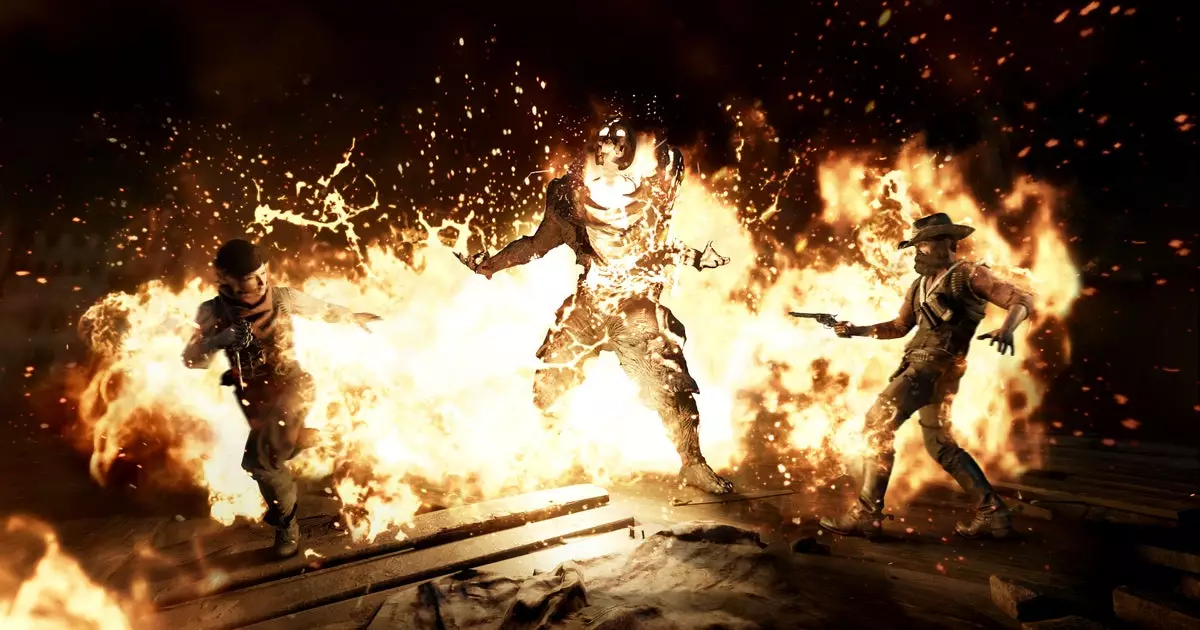In a notable move illustrating the current turmoil within the gaming landscape, Crytek, the developer renowned for its flagship titles like **Hunt: Showdown** and the **Crysis** series, has announced significant layoffs. The decision to cut approximately 15 percent of its workforce, equating to around 60 employees out of a total of 400, has drawn attention to the deeper issues affecting the gaming sector. The company cites “complex, unfavourable market dynamics” as the catalyst for these cuts, signaling that even established entities are not immune to the volatility of the industry.
The decision is a culmination of several strategic shifts within Crytek. Since pausing the development of the eagerly anticipated **Crysis 4**, the focus has primarily shifted towards revitalizing **Hunt: Showdown** with a new live service reboot, labeled **Hunt: Showdown 1896**. The challenge for Crytek now lies in managing this transition while ensuring financial viability amidst an increasingly competitive and unpredictable market.
The phrase “complex, unfavourable market dynamics” raises several questions about its specific implications. It could encompass a multitude of factors including an oversaturated market, shifts in consumer preferences, or economic challenges such as rising interest rates and inflation. The aftermath of the pandemic saw many gaming companies racing to capture a perceived surge in demand, prompting rapid expansions and hefty investments. As the post-lockdown boom began to fade, companies like Crytek find themselves reevaluating their strategies to align with a more stable but less lucrative environment.
While it’s easy to speculate on the triggers for Crytek’s current situation, there is an inherent lack of transparency from the company regarding their proactive measures and long-term vision. This inertness casts uncertainty not only on the preventative steps taken prior to these layoffs but also on the potential recovery strategies post-layoffs, leaving stakeholders questioning the stability and direction of the company as well as its future endeavors.
The stated goal of enhancing financial sustainability is one that resonates throughout the industry. Crytek’s strategy to pivot resources toward **Hunt: Showdown 1896**, despite its signs of growth, may not be sufficient to offset the challenges posed by its halted flagship project. The reality is that while some games achieve monumental success, such as **GTA V**, most titles operate within a more precarious zone of income generation. The peaks and troughs seen in player engagement—such as the brief spike to around 60,000 concurrent players following the update—could lead to inconsistent revenue streams and support a narrative of uncertainty for future projects.
Moreover, Crytek’s historical patterns of communication raise eyebrows. The company has been criticized for not being forthright about past layoffs and developments, and this trend appears to continue. Such reticence might complicate the relationship with the community and stakeholders who seek clear and honest insights about the company’s direction.
As Crytek lays off a fraction of its workforce, it also commits to supporting those affected with severance packages and career assistance services—a commendable yet standard response in the industry. However, the broader implications of these layoffs speak to a challenging paradigm for not just Crytek, but potentially many other developers navigating this tumultuous landscape.
For any company, the success of future projects critically hinges on balancing creative aspirations with the harsh realities of financial constraints. If **Crysis 4** is to breathe life again, Crytek will need to adopt a more flexible and adaptive approach to branding and game design, possibly embracing emerging technologies or narratives that resonate with modern gamers.
Crytek’s recent layoffs illustrate not only its immediate struggles but also the larger systemic challenges faced by the gaming industry. As consumers and creators alike await the next steps from Crytek, the overarching concern remains: how will the studio navigate this shifting terrain to sustain its legacy and potentially re-emerge stronger in the rapidly evolving gaming cosmos? Best wishes to those who are impacted by these decisions; it is an unfortunate yet salient reminder of the realities of the gaming industry.


Leave a Reply